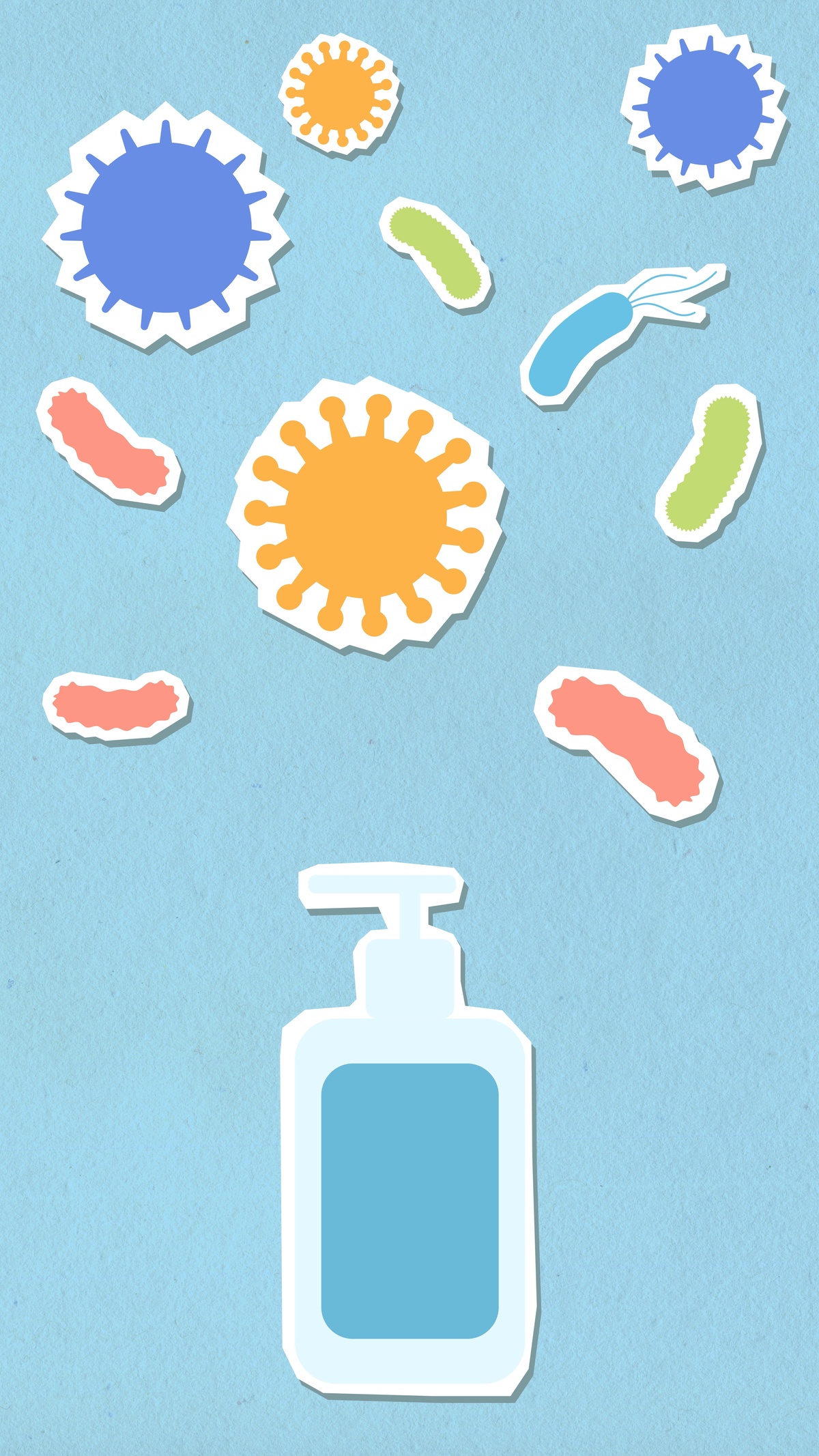What is viral gastroenteritis?
Viral gastroenteritis, commonly known as the stomach flu, is an infection that affects the stomach and intestines. It is caused by a variety of viruses, with the most common being norovirus and rotavirus. This highly contagious illness can lead to symptoms such as nausea, vomiting, diarrhea, stomach cramps, and fever. Viral gastroenteritis can be contracted through direct contact with an infected person, consuming contaminated food or water, or touching contaminated surfaces.
Common symptoms of viral gastroenteritis
Viral gastroenteritis presents a range of symptoms that can vary in severity from person to person. The most common symptoms include nausea, vomiting, diarrhea, stomach cramps, and fever. These symptoms typically appear within 12 to 48 hours after exposure to the virus and can last for one to three days. In some cases, the illness may persist for up to a week. It is important to note that viral gastroenteritis can be more severe in young children, older adults, and individuals with weakened immune systems.
Causes of viral gastroenteritis
Viral gastroenteritis is primarily caused by the ingestion of viruses, most commonly norovirus and rotavirus. These viruses can be present in the stool or vomit of an infected person and can contaminate food, water, or surfaces. Infection can occur through direct contact with an infected person, consuming contaminated food or water, or touching contaminated surfaces and then touching the mouth or face. Poor hygiene practices, such as inadequate handwashing, can contribute to the spread of the virus.
How does viral gastroenteritis spread?
Viral gastroenteritis is highly contagious and can spread easily from person to person. The virus can be transmitted through direct contact with an infected person, such as shaking hands or sharing utensils. It can also be spread through the consumption of contaminated food or water. When an infected person handles food without proper hand hygiene, the virus can be transferred to the food and subsequently ingested by others. Additionally, viruses can survive on surfaces for extended periods, allowing for indirect transmission if a person touches a contaminated surface and then touches their mouth or face.
When to seek medical attention for viral gastroenteritis
In most cases, viral gastroenteritis can be gudide by the best Stomach specialist with more fluids, and over-the-counter medications to alleviate symptoms. However, there are certain situations where medical attention may be necessary. If symptoms persist for more than three days, if there is blood in the stool or vomit, or if there are signs of dehydration such as excessive thirst, dry mouth, or decreased urine output, it is important to seek medical attention. Infants, young children, older adults, and individuals with weakened immune systems are at a higher risk of complications and should be closely monitored.
Preventing the spread of viral gastroenteritis
Preventing the spread of viral gastroenteritis requires a combination of personal hygiene practices and environmental precautions. One of the most effective ways to prevent transmission is by practicing good hand hygiene. This includes washing hands frequently with soap and water for at least 20 seconds, especially before handling food, after using the restroom, and after coming into contact with potentially contaminated surfaces. It is also important to avoid touching the face, particularly the mouth and eyes, as this can introduce the virus into the body.
In addition to hand hygiene, maintaining a clean and sanitary environment is crucial in preventing the spread of viral gastroenteritis. Surfaces that come into contact with food, such as countertops and cutting boards, should be cleaned and sanitized regularly. It is also important to properly clean and disinfect commonly touched surfaces, such as doorknobs and light switches. If someone in your household is infected with viral gastroenteritis, it is advisable to clean and disinfect their personal belongings, such as towels and bedding, to prevent the spread of the virus.
Food safety tips to prevent viral gastroenteritis
Proper food safety practices are essential in preventing the spread of viral gastroenteritis. When handling food, it is important to wash hands thoroughly before and after touching raw ingredients, especially meat, poultry, and seafood. Cutting boards and utensils should be cleaned and sanitized between each use to prevent cross-contamination.
Cook food thoroughly, ensuring that it reaches the appropriate internal temperature to kill any potential viruses. It is also important to store food properly, keeping perishable items refrigerated at or below 40°F (4°C) and promptly discarding any food that has been left out at room temperature for more than two hours.
When dining out, it is advisable to choose reputable establishments that prioritize food safety. Look for restaurants with high cleanliness standards and properly trained staff. Avoid eating raw or undercooked food, as these can pose a higher risk of viral gastroenteritis. Additionally, it is important to consult with the top gastroenterologist , information healthy life
Conclusion
Viral gastroenteritis, or the stomach flu, is a highly contagious illness that can cause significant discomfort and inconvenience. By practicing good hand hygiene, maintaining a clean environment, and following proper food safety practices, you can significantly reduce the risk of contracting and spreading the virus. It is important to be vigilant and take necessary precautions, especially when there is an outbreak or when you come into contact with an infected person. By doing so, you can protect your health and the health of those around you.
Protect yourself and others from the spread of viral gastroenteritis by practicing good hand hygiene, maintaining a clean environment, and following proper food safety practices. Stay informed about outbreaks and seek medical attention if necessary. Your health and the health of those around you depend on it.


No comments yet